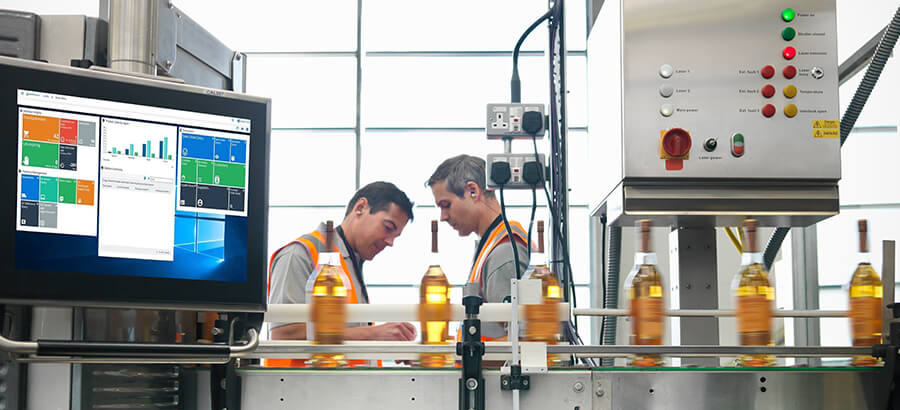Far too often “trend reports” in an industry are all about trends that only the largest companies can implement and take advantage of. The Fortune 500 has the resources to fill in the gaps that might not be apparent when innovative technologies and processes are first rolled out. This affects everyone else in the industry and adoption is initially slow due to the high cost and longer time to realize a return on investment (ROI).
Month: June 2019
5 Top Tips for Successful Legacy ERP System Migration
When you hear the word ‘migration’, do you picture a herd of antelope trying to cross a river and avoid the snapping jaws of crocodiles? Like all significant journeys, ERP legacy system migration can be hazardous – but it can also open the way to unprecedented business growth, cost-savings and efficiencies.
The Importance of Developing a Simplified and Engaging UX
Nowadays engaging the end user has become a major contribution to improved performance in business. And by choosing and installing a business system like ERP that offers a rewarding and engaging user experience can:
- Create a satisfying work environment
- Empower people to work smarter rather than harder
- Embrace diversity and flexible working arrangements
And hopefully you see that the benefits to your business will include:
How to Make the Right Choice of ERP Implementation Partner
In our ERP world, we get those who manufacture and those who distribute. The ones who make ERP, typically rely on “distribution” firms to sell and support the end consumer. These firms range from Tier 1 or mainstream consulting organizations that supply multiple ERP products, to niche, agile organizations that support a single ERP, thus developing a focused depth of knowledge.
4 Ways Data Warehouses Solve the Challenges of Business Reporting
In rapidly evolving markets, businesses today have no other option but to increasingly rely on data and analytics. Inundated with information, and the time it takes to correlate and gather multiple data can be tedious, often leading to errors. We’re only human after all. But with data warehouses, a company is provided with a practical, … Read more
Why Digital Transformation is for all Manufacturers
Digital transformation is achievable for all manufacturers.
A ‘DX’ strategy unlocks real value today and transforms your business for future success.
The problems that digitalization solves strike at the very heart of manufacturer’s challenges today. What is real and what matters right now is how technology can solve immediate problems. Manufacturers are under competitive pressure to deliver better goods at lower costs. They want to reduce costs and streamline processes in their supply chains and factories. At the same time, customers are asking for more unique features in the products they buy. Customization versus standard products are often difficult trade-offs with implications in design processes, production costs, and schedules.
Digitalizing to Improve Your Food and Beverage Traceability Plan
Concepts like Industry 4.0 are rapidly transforming Canadian manufacturing, but the food and beverage sector has been slower to adapt to digitally enabled technology (Digital transformation). As traceability becomes mandatory for many food and beverage businesses, it’s time for manufacturers to examine their facilities to decide if they have the right processes and technology in place to handle the challenges they now face. For instance, you will likely find that investing in a digital Preventative Control Plan and traceability program is crucial due to the complexity of the food chain and food safety requirements. But automated systems and sensors can also help to improve inventory management systems, allowing you to better monitor supplier ingredients, warehouses, logistics, and retail points.







